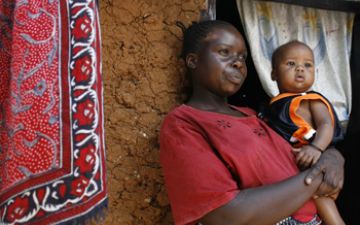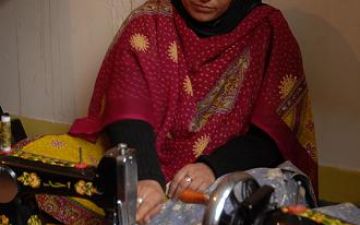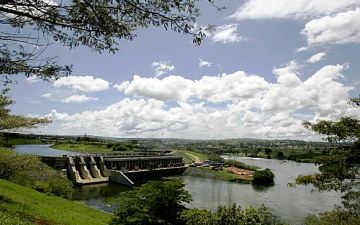Sudan: Here We Go!
I arrived in the dusty Sudanese capital Khartoum three weeks ago – after more than 30 hours of travel, two nights of airports and planes and way too many screaming babies.
Khartoum is not what I expected – much more alive and developed. The sun is as hot as everyone warned, but it is more than manageable with enough water and occasional escape to fanned or air-conditioned areas. There are many paved roads, but still enough sand to get in your eyes on a windy day.








